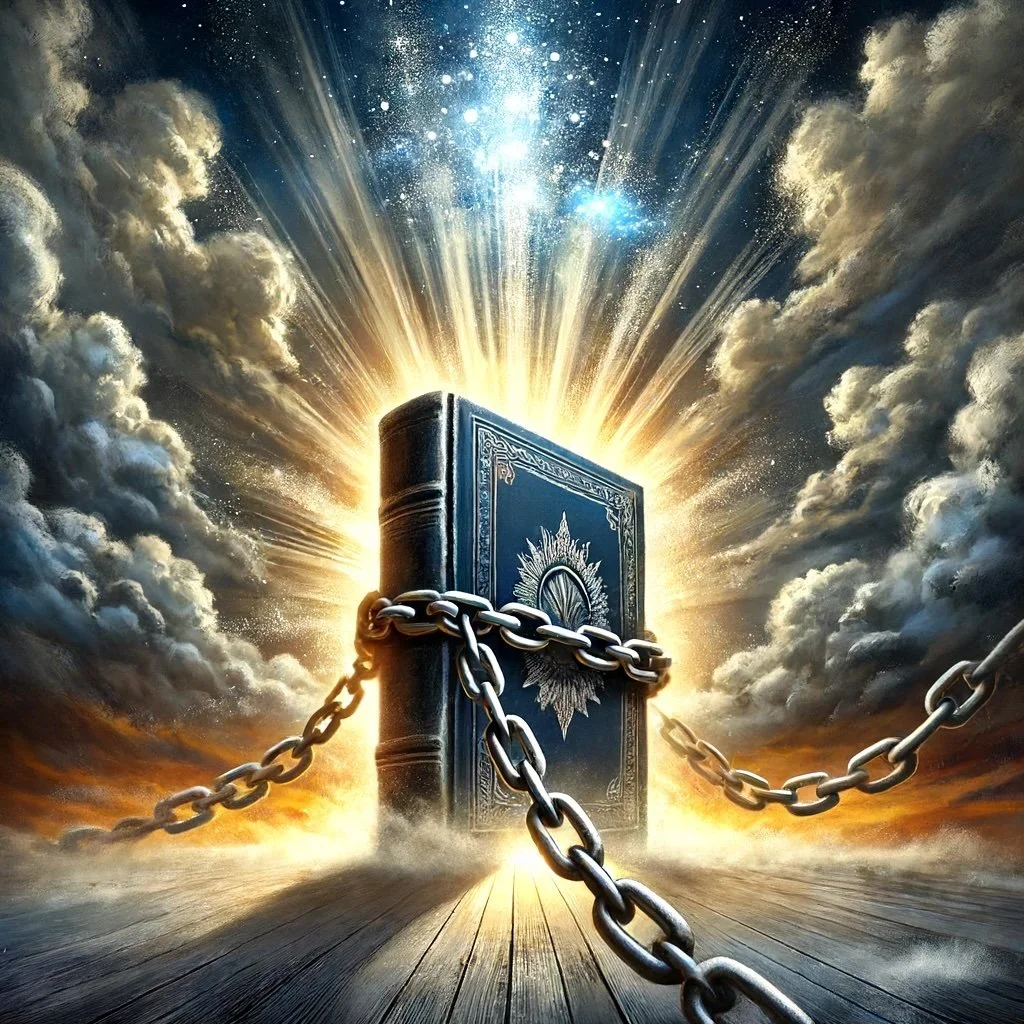Is that book you're reading actually what the author wrote?
My day job is helping IT contractors write and manage government proposals. I draw heavily on my project management and consulting experience when doing so.
I'm always aware of the need to "keep up" with changing technology. These days artificial intelligence capabilities are at the top of the list of "changing technologies," especially in terms of how they can impact any business which involves research or writing.
One concern I have is how AI tools can be used to modify or change what we see online. We've all seen examples of "deep fakes" where audio and video are manipulated to create words and images that look real, but which are, in fact, bogus.
My own concern is more immediate and practical. For example, let’s say I want to read a decent electronic version of Dante’s DIVINE COMEDY. Why not paper? I have always loved books and paper but when I read books on my iPad or Kindle I can increase the size of the typeface to match my eyesight limitations.
AT the same time I want to make sure the digital version I read is an accurate rendering of the original. Unfortunately there are always forces at work in our society that believe they have a right and obligation to censor books. We must fight these in the name of intellectual freedom and parental responsibility.
Copyright law aside, how do we protect against that? Do we need some sort of certification system that can reliably indicate, "This work has not been altered from the original"?
I don't see how that would ever work. Who would do the certifying? Just look at how systems and procedures that attempt to control misinformation spread via social media are attacked as bordering on "censorship" and/or "against free speech."
My focus here is not on political speech so much as on literature. I want to make sure, for example, that once I get around again to reading HUCKLEBERRY FINN to compare its rendering of events with Percival Everett’s JAMES I'm reading the original, not something censored by someone operating surreptitiously somewhere in the book supply chain to make it “acceptable.”
Perhaps the role of "certification of originality" is one that should be performed by libraries and librarians. I would like for example to have assurance that, when I borrow a book in paper or electronic form from my local public library, what I'm borrowing is a truthful copy of the original. Would that be too much to ask?
Copyright 2024 by Dennis D. McDonald. The image at the top of the page was created by ChatGPT-4o in response to the prompt, “Create an abstract images to illustrate the conflict between book censorship and truth.”





